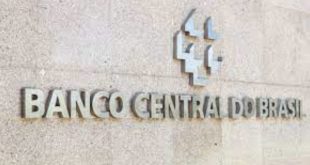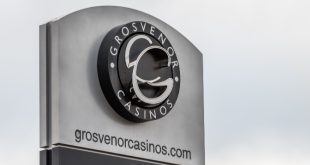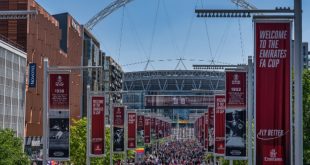 There is truth in the reports about how the poor and disadvantaged are being targeted by gambling companies making profits from those who can least afford it. Like vice sectors such as alcohol and tobacco, gambling cannot hide from this reality.
There is truth in the reports about how the poor and disadvantaged are being targeted by gambling companies making profits from those who can least afford it. Like vice sectors such as alcohol and tobacco, gambling cannot hide from this reality.
However, whilst the media increasingly take aim at bookmakers and online gaming operators, little criticism seems to be directed at one gambling product that really hits the poorest hardest.
What seems to be ignored, is that on High Streets and in shopping centres throughout the country there are tens of thousands of outlets where the unemployed and desperate shell out far too much of their money on games where they have little chance of winning, and the operators involved give back in prize money a fraction of the hundreds of millions spent each month.
Whilst the economy has been shrinking and the low paid in particular have seen the value of their wages fall, Camelot, the operator of the National Lottery, has seen its business grow, generating healthy profits and dividends whilst its directors enjoy massive salary packages.
In the middle of a cost of living crisis for working people, the company proclaims that “Camelot’s proven strategy for long-term, responsible growth saw the company achieve its highest-ever sales in 2012/13”. According to its latest figures, National Lottery ticket sales during October totaled £515.4m whilst on November 21st it announced that “sales for the second quarter of the financial year 2013/14 (30th June – 28th September 2013) were £1,602.5 million” (i.e. £1.6bn).
The lines of people spending far too much on scratchcards and lottery tickets in supermarkets, tobacconists and post offices up and down the land may not be aware that only 50% of the money they spend comes back to them in prize money. Out of their stake, 12% goes to the government in taxes, an example of a cruelly regressive form of taxation, whilst 28% goes to good causes, many of which, arguably, should have been paid for from general taxation. The shopkeeper pockets 5% and Camelot takes the rest.
When we read that National Lottery ticket sales amount to over £500m each month, this means that the players are losing £250m over the same period, equivalent to around £3bn per year coming typically from the pockets of the poorest people in the land.
Those High Street shops that do not have a Camelot terminal now have the opportunity to offer Richard Desmond’s Health Lottery which gives no exact figure for the amount it pays back although it does disclose that 20% of the stake goes towards health related projects, which again it could be argued should be paid for by taxpayers and not those desperate or gullible enough to play on games where there is little chance of winning.
Whilst it is an equally sad sight to see queues of people playing on FOBTs in an otherwise deserted betting shop, it must be remembered that the machines typically pay back well over 90% of stakes in prize money. For the purist, it is sad to see gamblers moving away from games of skill, such as betting on racing and sport, and dedicating more time and money to virtual games where a random number generator dictates the chance of winning. Technology is changing the way we do everything, but what is certain is that anyone setting foot in a betting shop is going to get far more value and substantially more pleasure from indulging in one of the forms of gambling on offer inside.
Handing your money over at the supermarket till to buy a scratchcard or lottery ticket, and then on most occasions finding out that you have lost is a sign of desperation if it is something you do every day or every week, the equivalent of zoo animals that unconsciously self-harm in cages that are too small for them. It most definitely is not a form of entertainment.
People who play FOBTs, or online bingo, punters who bet on a horse race or a football match actually enjoy what they are doing and the high percentage of returns from their stakes gives them some money back to reinvest in a new spin of the wheel or another flutter on a horse.
Maybe there should be less promotion of online games, but the bombardment of advertising for the National Lottery is obscene when the result is that the poorest people in the land end up billions out of pocket each year. Camelot states that it is “dedicated to the public good and making a positive impact on the communities in which it operates”, but not only do players pay disproportionate levels of indirect taxation in the form of the 12% tax, but the extra 28% of each stake helps pay for “big ticket” projects such as Olympic stadia and opera houses that cost millions but will be of little benefit to most of its customers.
There is a problem with gambling amongst the poor and vulnerable, but the most dangerous products are on offer to 16 year olds and available in around 75,000 local shops and stores from Lands End to John O’Groats. And they are sold by Camelot and by media owner Richard Desmond, not by bookmakers who manage less than 10,000 betting shops in Britain.
_________________________________________
Content Contributed by Graham Wood Director – IGaming Consultancy Ltd










